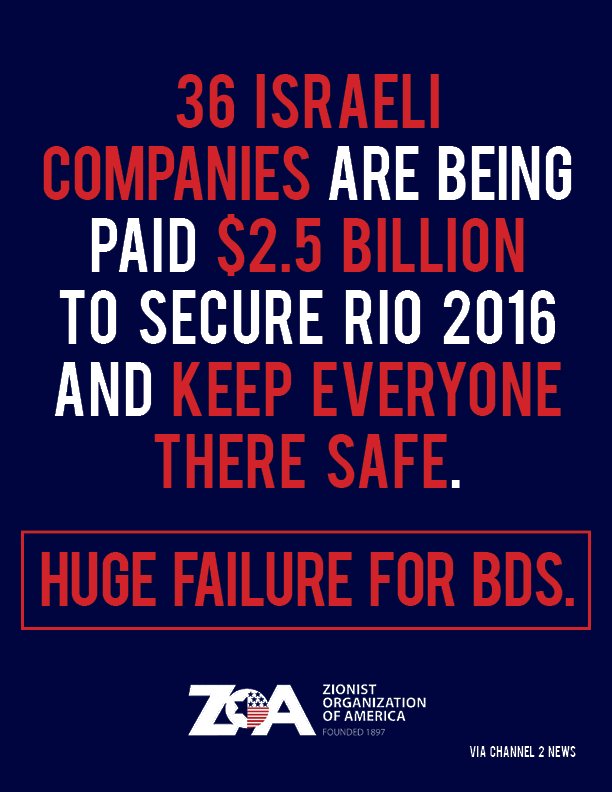Caroline Glick: Time to walk away from US aid
Today, both economics and strategic arguments indicate that the opposite is the case, even if walking away involves ending US military aid.Elliott Abrams: The New State Department Assault on Israel
If Israel cuts its losses and begins to develop a fifth generation jet fighter that meets its own specific needs, rather than one designed by a committee to meet other countries’ needs poorly, it will end up both far safer and far more prosperous than if it goes ahead with the F-35 project. It will produce a better plane, better suited for Israeli defense needs, and simultaneously stimulate the growth of Israeli military industries, providing jobs for thousands of Israelis.
If Israel walks away from the military assistance package currently under discussion, it will be in a position to sign joint development deals with the US and other governments on a project by project basis and so ensure that we develop the weapons systems we need, not the ones the US thinks we should have, as we need them. Just as India is investing billions of dollars in joint projects with Israel, so will the US in the future.
It is far from clear that the US can afford its $400b. white elephant. It is abundantly clear that Israel cannot afford it.
Whether or not a Trump or Clinton administration will be more forthcoming is really beside the point. The point is that the US aid deal is really a deal for Lockheed Martin, not for Israel. And we need to say no.
Why is this approach stupid? For two reasons. First, it’s false: construction in outlying areas of the West Bank may indeed appear to be a problem in creating a Palestinian state, but construction in Jewish neighborhoods in Jerusalem is not, nor is construction in major blocs Israel will keep. Second, this failure to make distinctions means Israelis will disregard U.S. complaints instead of listening to them. If the State Department criticized construction by settler groups in remote West Bank areas, it would actually have most Israelis on its side. But when it treats Jerusalem neighborhoods and a place like Maale Adumim as indistinguishable from any and every settler activity no matter how remote, Israelis will mostly shrug and wonder why the Americans are so dumb.
And that’s actually a good question. Why are we, or rather why is the State Department? I suppose State is just following orders from the White House, but that only raises the stakes; it does not answer the question. Who is the intended audience for this attack on Israel? If the answer is Israelis and their government, it will fail due to its continuing refusal to make logical distinctions. If the answer is Americans, including members of Congress, then this attack–launched by a lame duck administration during this convention week– will have zero effect.
So here’s a theory: the intended audience is European governments, and others around the world. This kind of assault makes their own assaults on Israel easier: they can see us and raise us in the level of criticism of Israel. They can be encouraged in planning attacks on Israel in the UN General Assembly in September. They can offer six-paragraph screeds where they explain how these new housing units threaten peace, security, and the two-state solution.
The State Department statement came the same week that the Palestinian Authority announced it would sue the British government over the Balfour declaration. It is true that this was in many ways a comic announcement, but it displayed a complete lack of serious intent to move forward toward peace or peace negotiations. In that sense it is completely consistent with the way the Palestinian Authority and the PLO have behaved throughout the Obama years.
With all the misery and bloodshed in the Middle East; with all the terrorist attacks Israel must face; with chaos in Iraq and Syria; with a PLO thinking not about talks but about lawsuits against the UK, it’s remarkable that housing construction strikes State as the critical problem we face. Meanwhile, also this week, a Saudi delegation visited Jerusalem. As The Times of Israel reported, “a retired Saudi general visited Israel this week, heading a delegation of academics and businessmen seeking to encourage discussion of the Saudi-led Arab Peace Initiative.”
When the Saudis have a more realistic approach to Israel than the State Department, American policy is far out of whack.















































